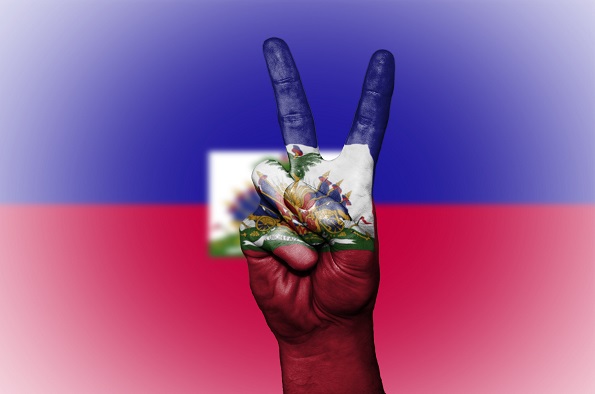
Haiti - Colonialism, Occupation and the UN
- Birte Gippert
- Admission: Free to all
- Book now
Add this event to my calendar
Click on "Create a calendar file" and your browser will download a .ics file for this event.
Microsoft Outlook: Download the file, double-click it to open it in Outlook, then click on "Save & Close" to save it to your calendar. If that doesn't work go into Outlook, click on the File tab, then on Open & Export, then Open Calendar. Select your .ics file then click on "Save & Close".
Google Calendar: download the file, then go into your calendar. On the left where it says "Other calendars" click on the arrow icon and then click on Import calendar. Click on Browse and select the .ics file, then click on Import.
Apple Calendar: The file may open automatically with an option to save it to your calendar. If not, download the file, then you can either drag it to Calendar or import the file by going to File >Import > Import and choosing the .ics file.
All foreign interventions have left legacies in the Haitian political, economic, and social structures, entrenching inequality and injustice in the poorest country in the Western Hemisphere. The UN Stabilization Mission MINUSTAH was deployed to Haiti in 2004 to support the reform of the domestic security sector, mainly the police, support democracy, and increase basic security.
Just before the withdrawal and transition to a non-peacekeeping UN presence in October 2019, Haiti has seen almost continuous riots on the streets, shootings in front of the parliament, and politically motivated murders of journalists. Voter turnout for the presidential elections in 2010 and 2016 were estimated at 22.5% and 28% respectively. What does this legacy mean for Haiti’s future?
Panel Debate: Professor Charles Forsdick, Dr Xavier Mathieu, Dr Birte Gippert, Dr Robert Knox
Please join us after the panel debate for a wine reception and informal discussions with the presenters.
